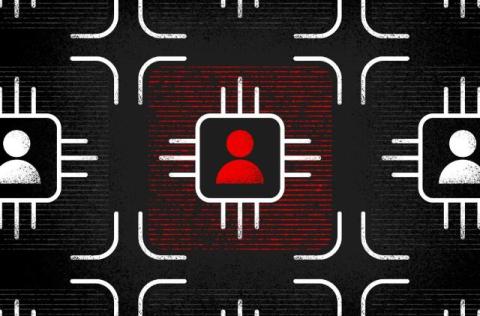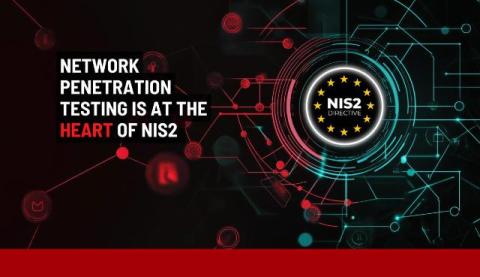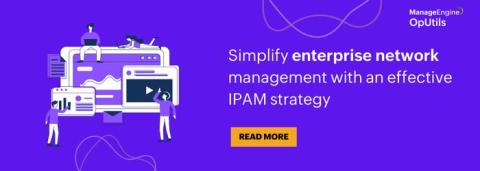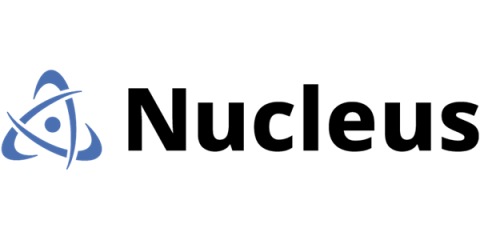Building a unified identity management strategy using AD, Entra ID and Microsoft 365
We all know identity management and security are critical to hardening cybersecurity ecosystems. We also know that we can make it happen using the many features and functions across Active Directory (AD), Entra ID and Microsoft 365. The challenge is making sure these are deployed in a way that allows them to work seamlessly together, staying aligned even in environments where there’s fluidity and decentralization.











